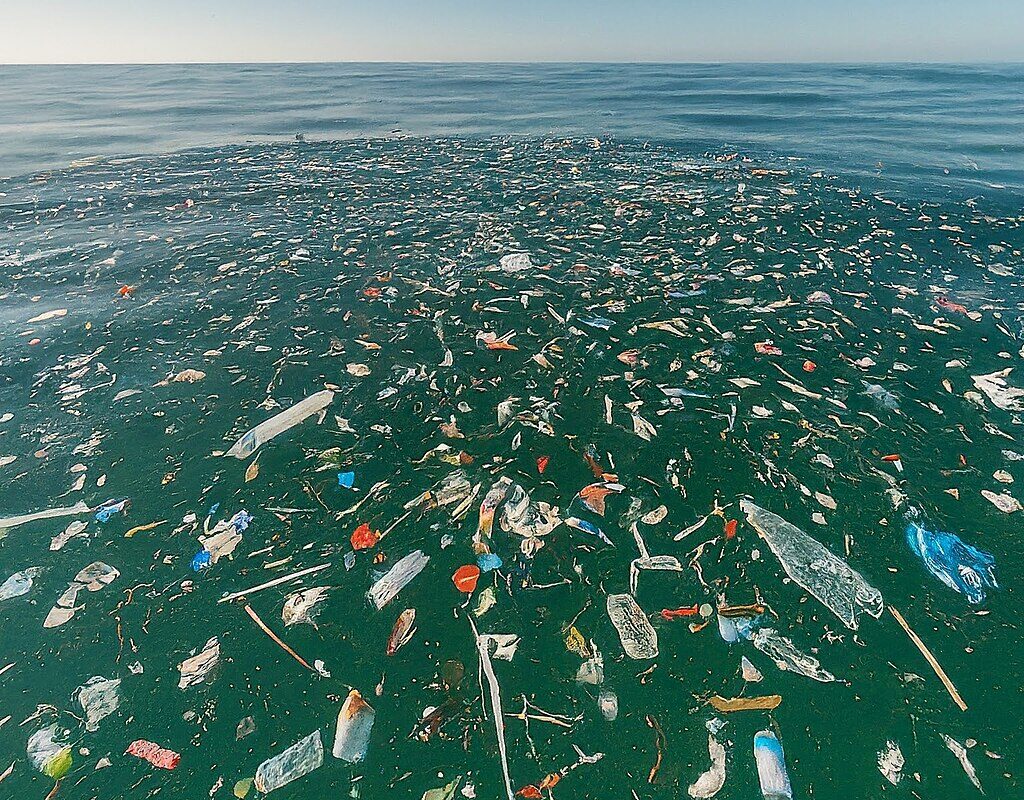Major changes in outlook and societal structures are needed to address the global crises of climate change, biodiversity loss and pollution, a recent United Nations report says. Its 2025 “Interconnected Disaster Risks” report identifies five “deep changes” that need to happen. These are premised on the “Theory of Deep Change” (ToDC), a problem-solving approach that digs deeper to reveal the problem’s underlying root causes, the structures facilitating it, and the assumptions giving rise to and sustaining such systems. The authors liken human society to a tree: the fruits are only as good as the tree’s branches, trunk and roots. One example the authors cite is of solar geoengineering, or ways to physically reduce sunlight from reaching Earth in order to slow global warming. “Solar geoengineering is an example of a unilateral decision being made in one part of the world that would have far-reaching consequences for others. Worse still, solar geoengineering is a superficial fix to a known problem, climate change, to avoid committing to the real solution: phasing out fossil fuels,” the authors write. The report suggests five broad changes for a sustainable world: 1. Rethinking waste and shifting to a circular economy that prioritizes durability, repair and reuse. The authors cite the example of the town of Kamikatsu in Japan, where the recycling rate is 80% compared to the national rate of 20%. “Community members separate waste into 45 categories, some for composting, recycling, reuse or repair,” the report says. The town also hosts zero-waste services such as…This article was originally published on Mongabay
From Conservation news via this RSS feed


